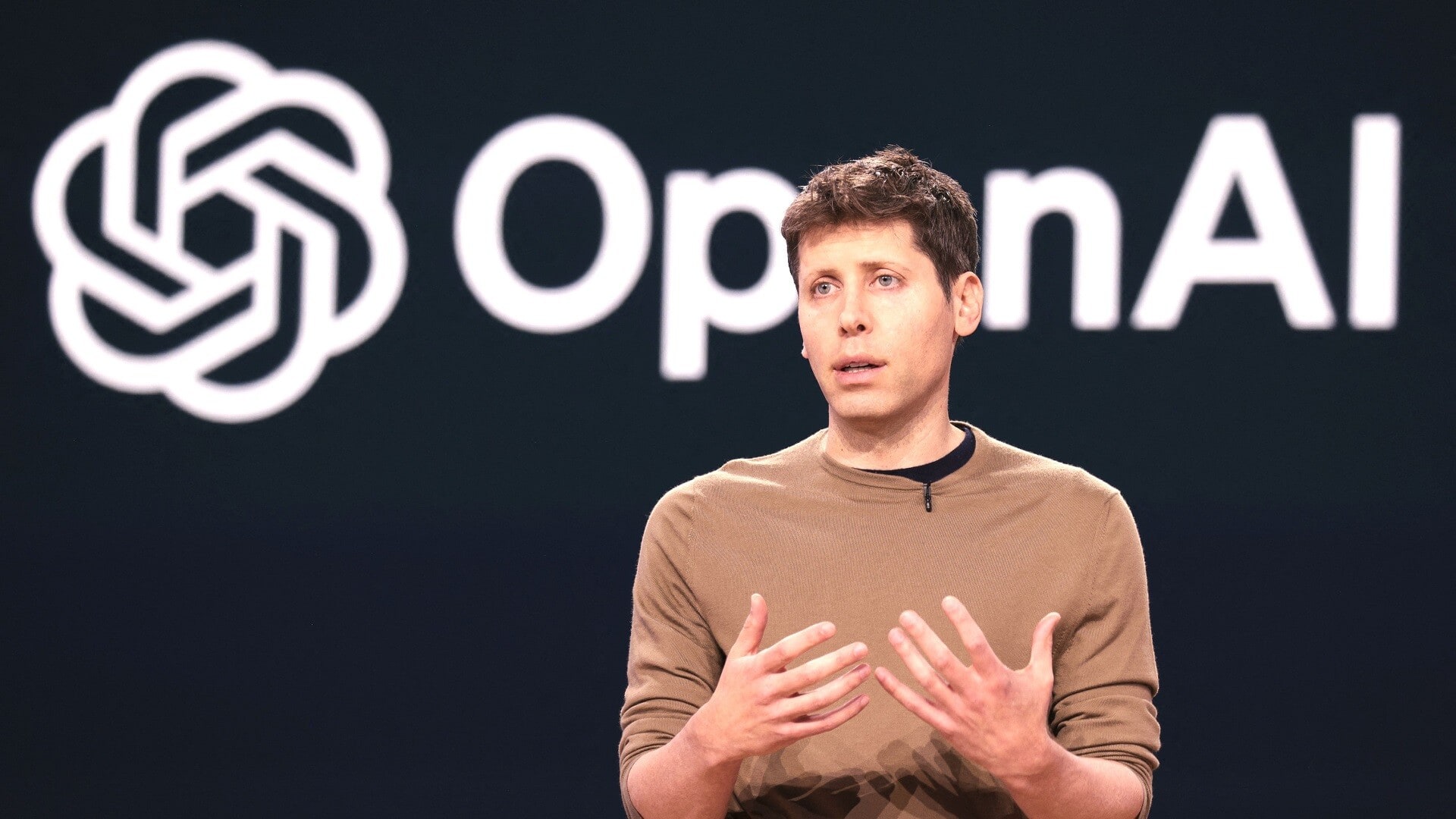
OpenAI in talks with regulators to become a for-profit entity
What's the story
OpenAI, the firm behind ChatGPT, is said to be in early talks with the California Attorney General's office about transitioning into a for-profit business, according to Bloomberg.
The shift comes as a major change for the company that was founded as a non-profit AI research lab in 2015.
It could also make OpenAI more attractive to investors.
Restructuring details
Restructuring plan and investor appeal
Back in September, Reuters reported that OpenAI was mulling a restructuring plan to become a for-profit benefit corporation.
Under this new structure, it wouldn't be under the control of its non-profit board.
The current non-profit entity of OpenAI would continue to operate and hold a minority share in the newly formed for-profit company, sources told Reuters.
Valuation examination
Valuation and regulatory scrutiny
The transition process is likely to see regulators scrutinizing how OpenAI evaluates a portfolio of highly profitable intellectual property, including its ChatGPT app.
The Attorney General in Delaware has also been in touch with OpenAI regarding this transition from non-profit to for-profit, as detailed in a letter to the company.
Corporate evolution
Past ventures and future plans
In 2019, OpenAI created a capped for-profit subsidiary to fund the expensive AI model development.
The company has opened discussions with Attorney General Rob Bonta's office and will present the details of its restructuring plan once the proposal is finalized.
The company aims to become a public benefit corporation while keeping its mission for social good as a for-profit business.
Approval process
New structure and regulatory approvals
The new structure will maintain a non-profit arm that would own a large chunk of the for-profit, Bloomberg reports.
The stake the non-profit will get in the for-profit, and the valuation of OpenAI's assets, will be key to regulatory approvals for the restructuring.
"It's not as simple as just turning off your non-profit status," says Daren Shaver, a San Francisco-based partner at Hanson Bridgett LLP.